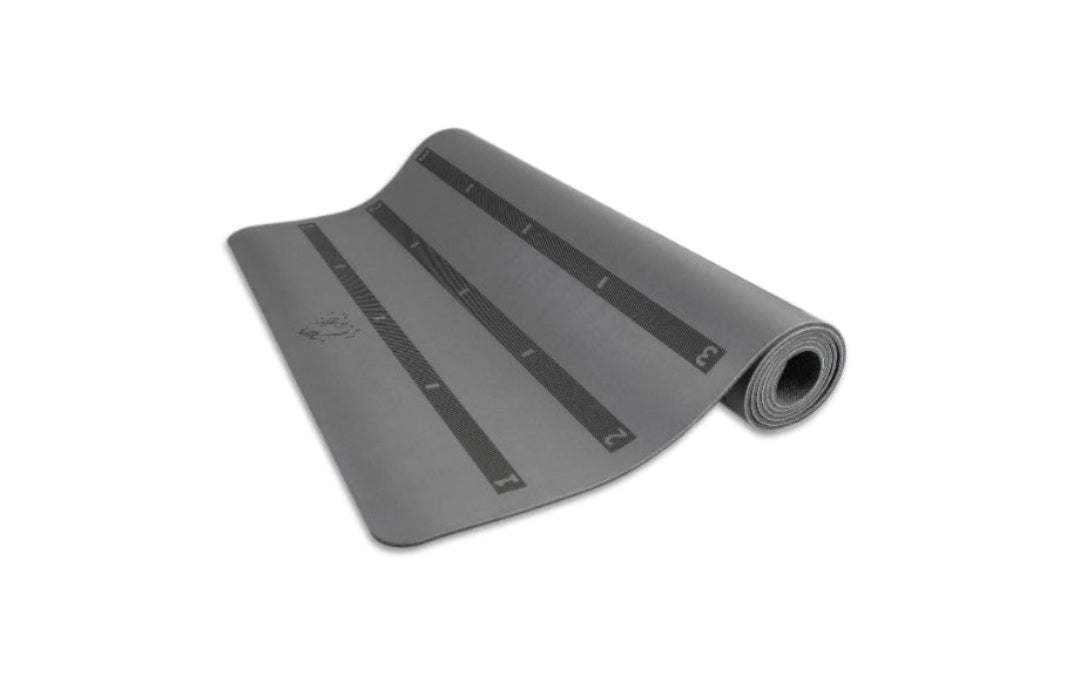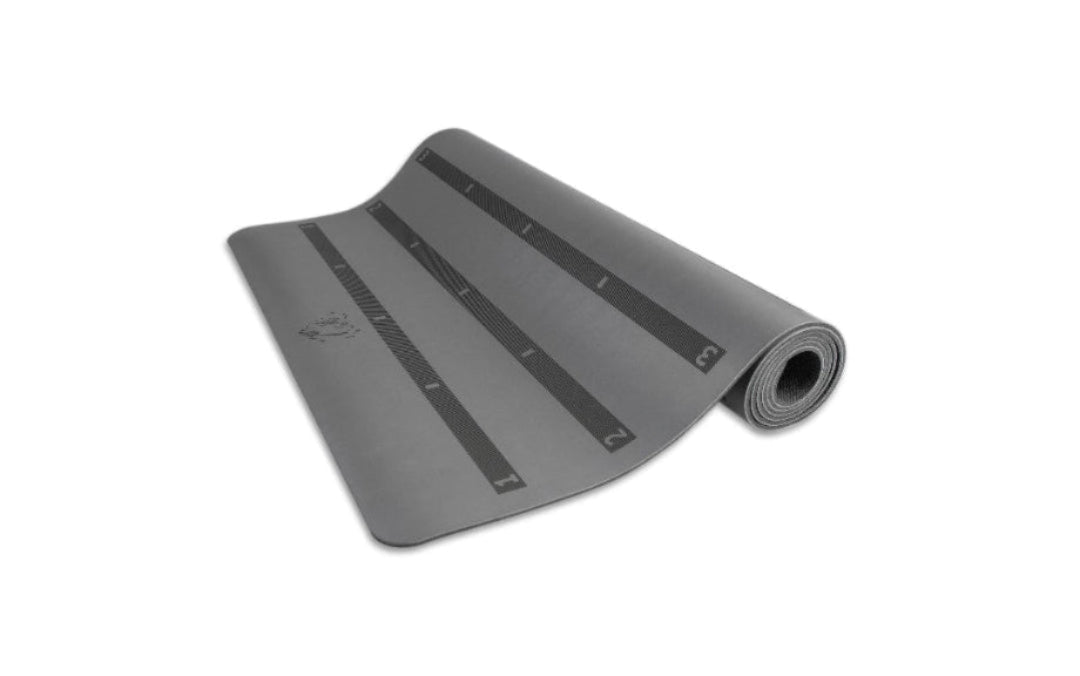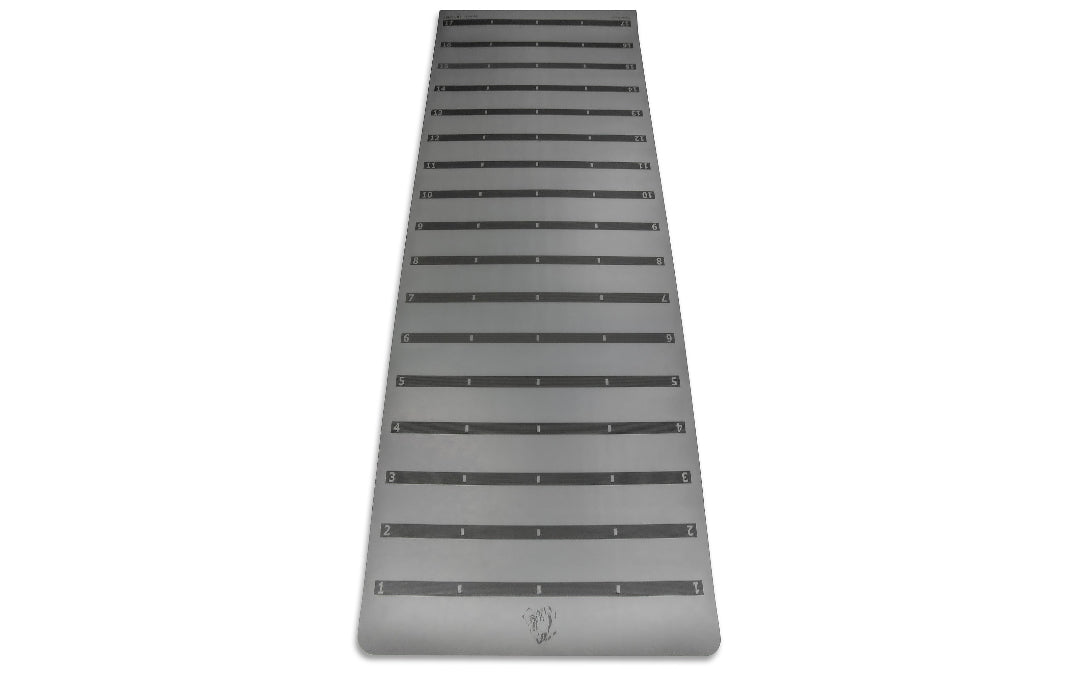The most effective workouts aren’t just about the exercises you perform—they're also about what you eat before and after. While exercise is crucial for building strength, endurance, and overall health, proper nutrition plays an equally important role in helping you achieve your fitness goals. Whether you’re aiming to slim down, build muscle, or improve performance, understanding what pre- and post-workout nutrition you should intake can make a significant difference. In this article, we’ll break down the essentials of what to eat before and after workouts to maximize your results.
Pre-Workout Nutrition: Fueling Your Body for Success
Eating the right foods before a workout can provide the energy and stamina needed to power through your training. The goal is to fuel your body with a mix of macronutrients that enhance performance, prevent fatigue, and reduce muscle breakdown.
Key Nutrients for Pre-Workout Meals:
- Carbohydrates – Carbs are your body's primary source of energy. Complex carbs like whole grains, fruits, or oats, release energy gradually and help maintain endurance during workouts.
- Protein – Consuming protein before a workout can aid in muscle preservation and recovery. Lean protein sources such as chicken, eggs, or tofu can be beneficial. If you’re in a rush, grab a protein bar on your way out!
- Healthy Fats – While not always necessary, a small amount of healthy fats from sources like nuts or avocados can provide long-lasting energy for endurance workouts.
Pre-Workout Meal Ideas:

- Sliced banana with peanut butter on whole-wheat toast
- Greek yogurt with berries and a sprinkle of granola
- A smoothie with protein powder, oats, and almond milk
When to Eat:
Aim to eat a balanced meal 1-3 hours before your workout. If you’re short on time, a smaller snack 30-45 minutes before training can also help fuel your session. Note that what and how much you eat depends on how much time you space out between eating and your workout.
Bonus Tips
- Potassium provides a quick energy boost during long workouts and supports muscle function.
- Electrolytes help maintain hydration during and after exercise by replenishing the sodium lost through sweat.
- Short and high-intensity exercise takes fuel from glycogen, while fat is the main fuel source for moderate to low-intensity exercise.
- Research the ideal intake of protein, carbohydrates, and other nutrients—based on your weight and fitness goals—in your pre- and post-workout meals for the most optimal performance and recovery.
Post-Workout Nutrition: Recover and Rebuild
After exercising, your body needs the right nutrients to repair muscles and promote overall recovery. Proper post-workout nutrition helps reduce muscle soreness, improve performance, and prepare your body for future workouts.
Key Nutrients for Post-Workout Meals:

- Protein – Essential for muscle repair and growth, protein should be consumed within 30-60 minutes after a workout. Options like lean meats, fish, eggs, or plant-based protein work well.
- Carbohydrates – After exercise, your glycogen stores are depleted, and replenishing them is key to recovery. Fast-digesting carbs like rice, potatoes, or fruits can help restore energy levels.
- Hydration – Rehydrating with water or an electrolyte drink is just as important as eating the right foods. Sweating leads to fluid loss, and replenishing electrolytes helps maintain balance.
Post-Workout Meal Ideas:
- Grilled chicken with quinoa and steamed vegetables
- A protein smoothie with banana and almond milk
- Scrambled eggs with whole-wheat toast and avocado
Balancing pre- and post-workout nutrition can significantly impact your fitness progress. Eating the right foods before exercising fuels your body, while post-workout meals aid in recovery and muscle growth. Tailoring your nutrition to your specific goals—whether it's weight loss, muscle gain, or improved endurance—will help you get the most out of your workouts. Although this is a great general guide for nutrition, it’s always important to do your research as various levels of each nutrient will be beneficial for different fitness goals. By making mindful food choices, staying hydrated, and ensuring proper rest, you’ll set yourself up for long-term success in your fitness journey. Subscribe to Tyger Fit Lab’s newsletter to stay updated with more articles like this one.




